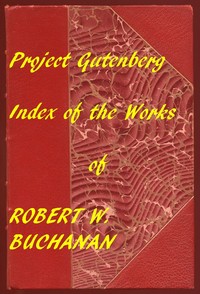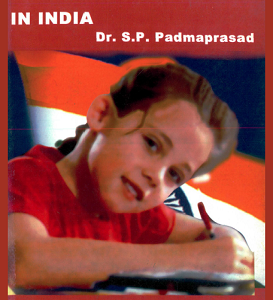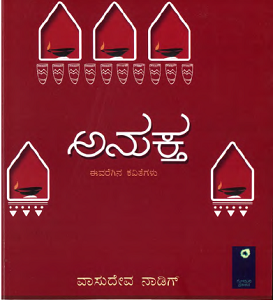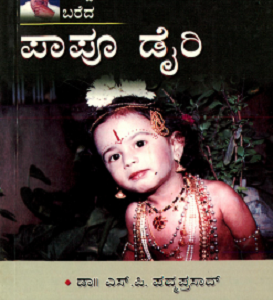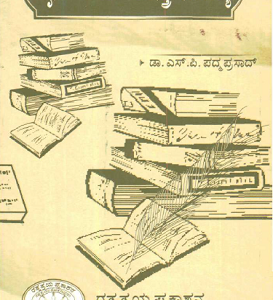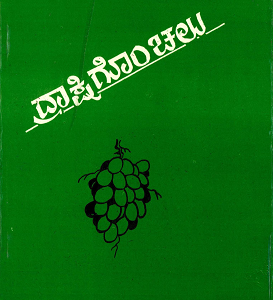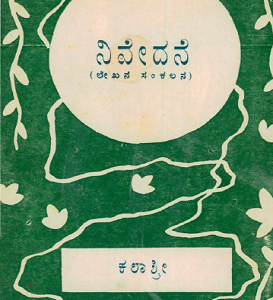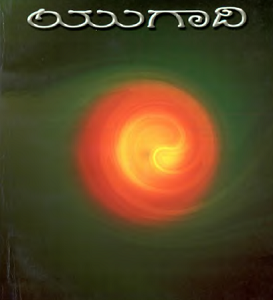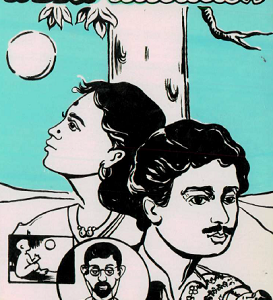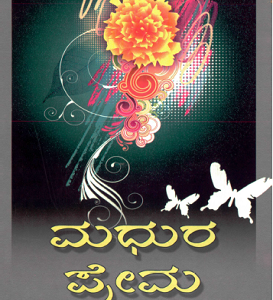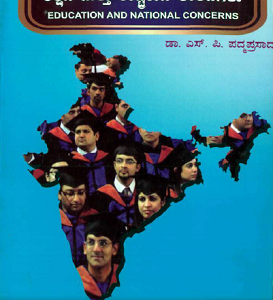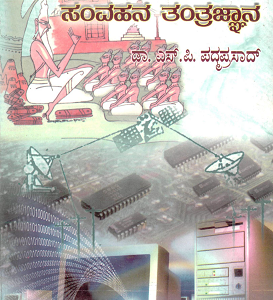The Observations of Sir Richard Hawkins, Knt, in his Voyage into the South Sea in the Year 1593: Reprinted from the Edition of 1622
| Publication Language |
English |
|---|---|
| Publication Type |
eBooks |
| Publication License Type |
Open Access |
Kindly Register and Login to Tumakuru Digital Library. Only Registered Users can Access the Content of Tumakuru Digital Library.



